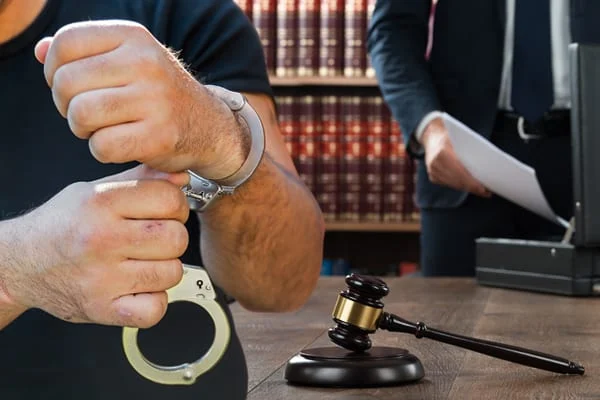When someone is facing criminal charges, one of the most important decisions they will make is who will represent them in court. This choice often comes down to either a public defender or a private criminal defense lawyer. Both play crucial roles in the justice system, but there are some notable differences in terms of cost, availability, experience, and case management. Understanding these differences can help defendants and their families make informed decisions during what is often a stressful and confusing time.
Who Are Public Defenders?
Public defenders are court-appointed attorneys provided by the government to represent individuals who cannot afford to hire a private lawyer. They are licensed lawyers who specialize in criminal law and work within public defender offices funded by state or local governments. When someone is charged with a crime and claims financial hardship, the court evaluates their income and may assign a public defender to their case at no personal cost.
These attorneys are often dedicated professionals with significant courtroom experience. They tend to handle a wide variety of criminal cases and can be deeply knowledgeable about local court procedures and the legal system in general. However, because they are assigned by the court, clients do not get to choose which public defender is assigned to their case.
Who Are Private Criminal Defense Lawyers?

Private criminal defense lawyers are hired directly by defendants or their families. These attorneys operate either independently or within private law firms, and they set their own fees based on their experience, reputation, and the complexity of the case. Clients who retain a private lawyer typically have the freedom to select the attorney they feel most comfortable with.
Private defense lawyers often offer more personalized attention due to their smaller caseloads. They may also have more resources at their disposal, such as access to private investigators, expert witnesses, or specialized consultants. This can be particularly advantageous in complex cases where additional investigation or expert analysis may be crucial to building a strong defense.
Workload and Case Attention
One of the most significant differences between public defenders and private attorneys lies in the volume of cases they handle. Public defenders are often responsible for many clients at once, due to limited funding and high demand. This can sometimes result in shorter meetings, delayed responses, or less time dedicated to individual case preparation. Despite their best efforts, public defenders might not have the capacity to thoroughly investigate every detail of a case or provide extensive one-on-one support.
In contrast, private lawyers typically manage a lower caseload. This enables them to spend more time strategizing, gathering evidence, and preparing their client for court. They can often respond more quickly to client concerns and may be more accessible throughout the process. This level of attention can provide reassurance and confidence for individuals navigating the complexities of the criminal justice system.
Cost and Accessibility
Cost is one of the most practical considerations when choosing between a public defender and a private attorney. Public defenders are available at no cost to those who meet the financial qualifications. For individuals who are unemployed, underemployed, or otherwise unable to afford legal representation, this ensures that the right to a fair trial is preserved.
On the other hand, hiring a private criminal defense lawyer can be expensive. Legal fees can vary widely depending on the lawyer’s experience and the nature of the charges. While some lawyers offer payment plans or sliding scale fees, the overall cost is often a barrier for many individuals. That said, some defendants choose to invest in private counsel when they believe the stakes are particularly high, or when they seek more tailored representation.
Experience and Specialization
Both public defenders and private criminal defense attorneys may have extensive experience in criminal law. However, private lawyers often have the option to focus on specific types of cases or develop niche areas of expertise. This specialization can be beneficial in cases involving serious or unusual charges, where a deep understanding of certain legal nuances may impact the outcome.
Public defenders also gain a broad range of experience due to the variety of cases they handle. They are frequently in court, which can sharpen their skills in litigation, negotiation, and courtroom procedure. While they may not have the luxury to specialize as narrowly as some private lawyers, their constant involvement in the criminal justice system provides them with valuable insight and familiarity with judges, prosecutors, and court staff.